As African swine fever (ASF) raced across China and into western Europe in 2018, the Swine Health Information Center (SHIC) collaborated with several industry partners to monitor and react. With studies pointing to feed ingredients as a potential vehicle for transmission of the virus, SHIC encouraged the American Feed Industry Association (AFIA) as they developed biosecurity guidelines which they have now updated. The guidelines are the result of AFIA coordination with representatives from the pork industry, government, and academia for the past several months.
“AFIA’s biosecurity guidelines were originally written to help safeguard manufacturing facilities following 9/11, but were always meant to serve as a ‘living document’ that could be updated based on what we know about new and emerging threats,” said Paul Davis, PhD, AFIA’s director of quality, animal food safety and education. “While some threats aren’t at the back door yet, it doesn’t mean we can leave the door unlocked. Our industry must be vigilant about continually improving its biosecurity programs for the protection of animal and human health.”
The revised biosecurity guidelines are based on new information regarding how viruses can potentially spread throughout the feed manufacturing process. The updated guidance provides recommendations for how facilities can better set-up an onsite biosecurity program, more thoroughly evaluate and verify their suppliers, work with their shippers, and train on and communicate best practices to all facility personnel and visitors. Of note, the updated guidance also includes a definition for “biosecure,” given there is currently no regulatory definition for the term, yet many segments of the industry have been requesting to only source products from biosecure facilities.
Apart from updating the industry’s biosecurity guidelines, AFIA is also working with its public charity, the Institute for Feed Education and Research, on supporting research in this area. One such project is aimed at analyzing potential risk mitigation measures and testing the effectiveness of proposed holding times for feed specifically in response to the recent ASF outbreaks. South Dakota State University is leading this research project, which is being co-funded with the Swine Health Information Center. The project partners should have preliminary results for review later this year.
Funded by America’s pork producers to protect and enhance the health of the US swine herd, the Swine Health Information Center focuses its efforts on prevention, preparedness, and response. As a conduit of information and research, SHIC encourages sharing of its publications and research for the benefit of swine health. Forward, reprint, and quote SHIC material freely. For more information, visit https://www.swinehealth.org or contact Dr. Paul Sundberg at [email protected].